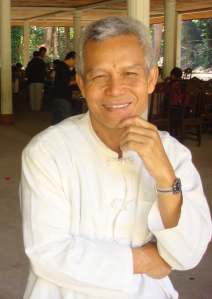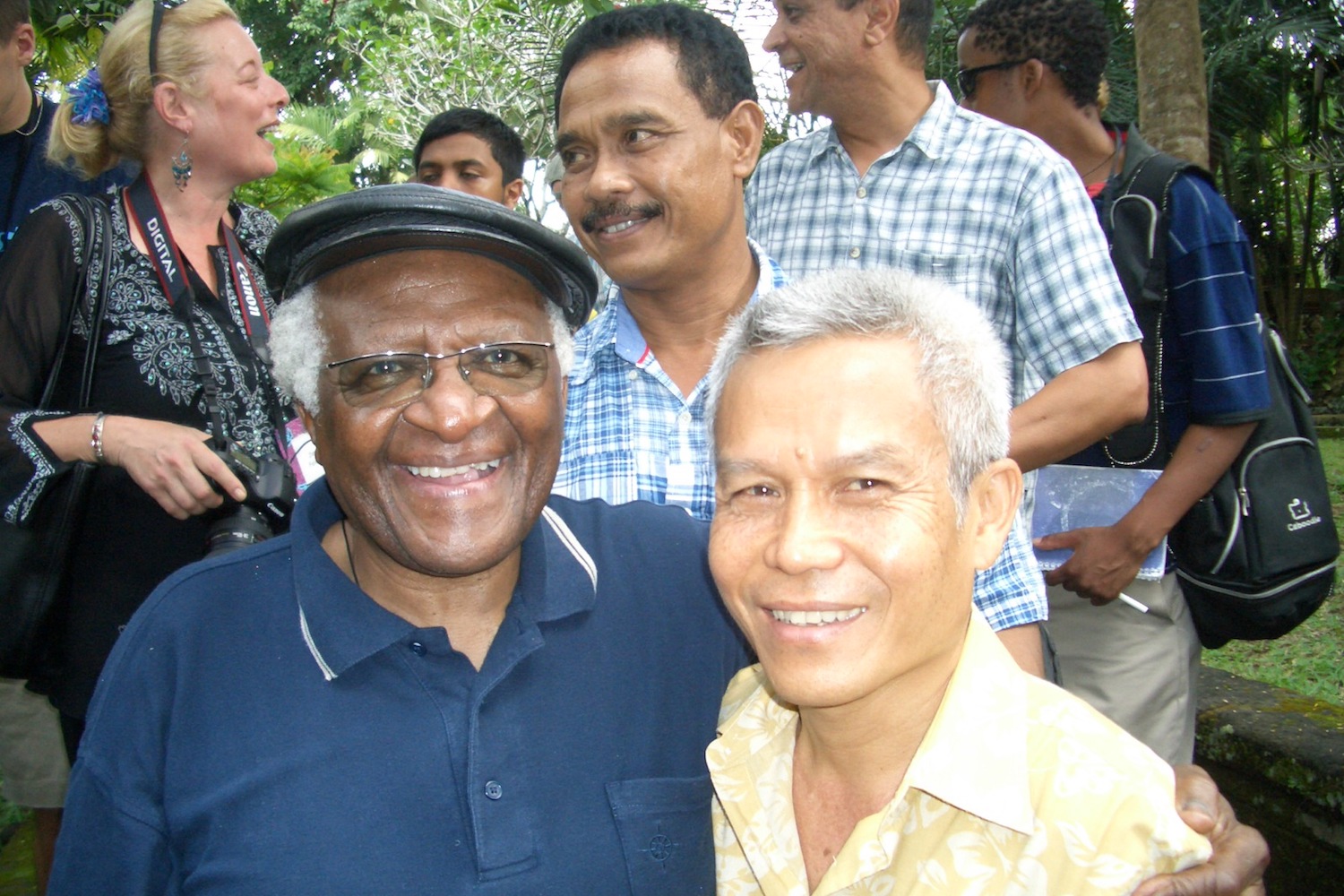Human Rights Watch: 19 December 2015

The government of Laos should use the United Nations Human Rights Council review of its record to pledge concrete measures to address its pervasive human rights problems.
Laos will appear for the country’s second Universal Periodic Review on January 20, 2015, at the UN Human Rights Council in Geneva.
In a June 2014 submission to the council, Human Rights Watch raised concerns about the enforced disappearance of civil society leader Sombath Somphone, severe restrictions on fundamental freedoms to expression and assembly, the denial of labor rights, and abusive drug detention centers.
“The lack of progress in the disappearance of a leading activist is sadly emblematic of the Lao government’s failure take action on a wide range of serious human rights problems,” said Philippe Dam, acting Geneva advocacy director at Human Rights Watch. “UN member countries should make clear their dissatisfaction with Laos’ inaction and insist upon genuine reform.”
The lack of progress in the disappearance of a leading activist is sadly emblematic of the Lao government’s failure take action on a wide range of serious human rights problems. UN member countries should make clear their dissatisfaction with Laos’ inaction and insist upon genuine reform. Philippe Dam, acting Geneva advocacy director
Lao authorities’ have not made progress in the enforced disappearance of prominent civil society leader and Magsaysay award winner Sombath Somphone in Vientiane in December 2012. Although closed-circuit television (CCTV) footage captured him being apprehended at a police checkpoint, Lao authorities have recently claimed someone other than Sombath was shown being driven away. They continue to refuse offers of technical assistance from governments to assess the video footage or provide other investigative support. Civil society activists told Human Rights Watch that the Sombath case has had a severe chilling effect on activism in Laos, which has made them fear raising the case with the authorities.
Laos also has not taken significant steps to meet commitments the government made during its first Universal Periodic Review in 2010, Human Rights Watch said. The government has failed to end severe restrictions on the rights to freedom of expression and the media, association, and peaceful assembly. A decree on the Internet adopted in September 2014 sharply limits the types of information that can be shared—including “false information” about the ruling Lao People’s Revolutionary Party, or any information the government finds “distorts truth or tarnishes the dignity and rights of individuals, sectors, institutions and organizations.” The government has long controlled all newspapers, television, and radio in the country, and bars media reporting if it considers it contrary to undefined “national interests” or “traditional culture and dignity.” People taking part in unauthorized public protests have been sentenced to long prison terms.
Workers are prohibited from establishing or joining a trade union of their own choosing since all unions must be part of the government-controlled Lao Federation of Trade Unions. They are also unable to exercise their right to strike because of restrictions in labor law and authorities’ proven willingness to forcibly break up workers’ protests.
The Lao government maintains a system of drug detention centers where detainees are held for months and sometimes years without a court ruling, judicial oversight, or an appeal mechanism. Human Rights Watch found that detainees at the Somsanga center outside Vientiane received little effective medical treatment, and were instead locked in cells inside barbed wire compounds, and subjected to beatings.
“The Lao government has a long record of using enforced disappearances, oppressive laws, and long prison terms to silence its critics,” Dam said. “Governments should use the opportunity of UN review of Laos to make clear they stand with ordinary citizens against the abuses by unaccountable Lao officials.”
